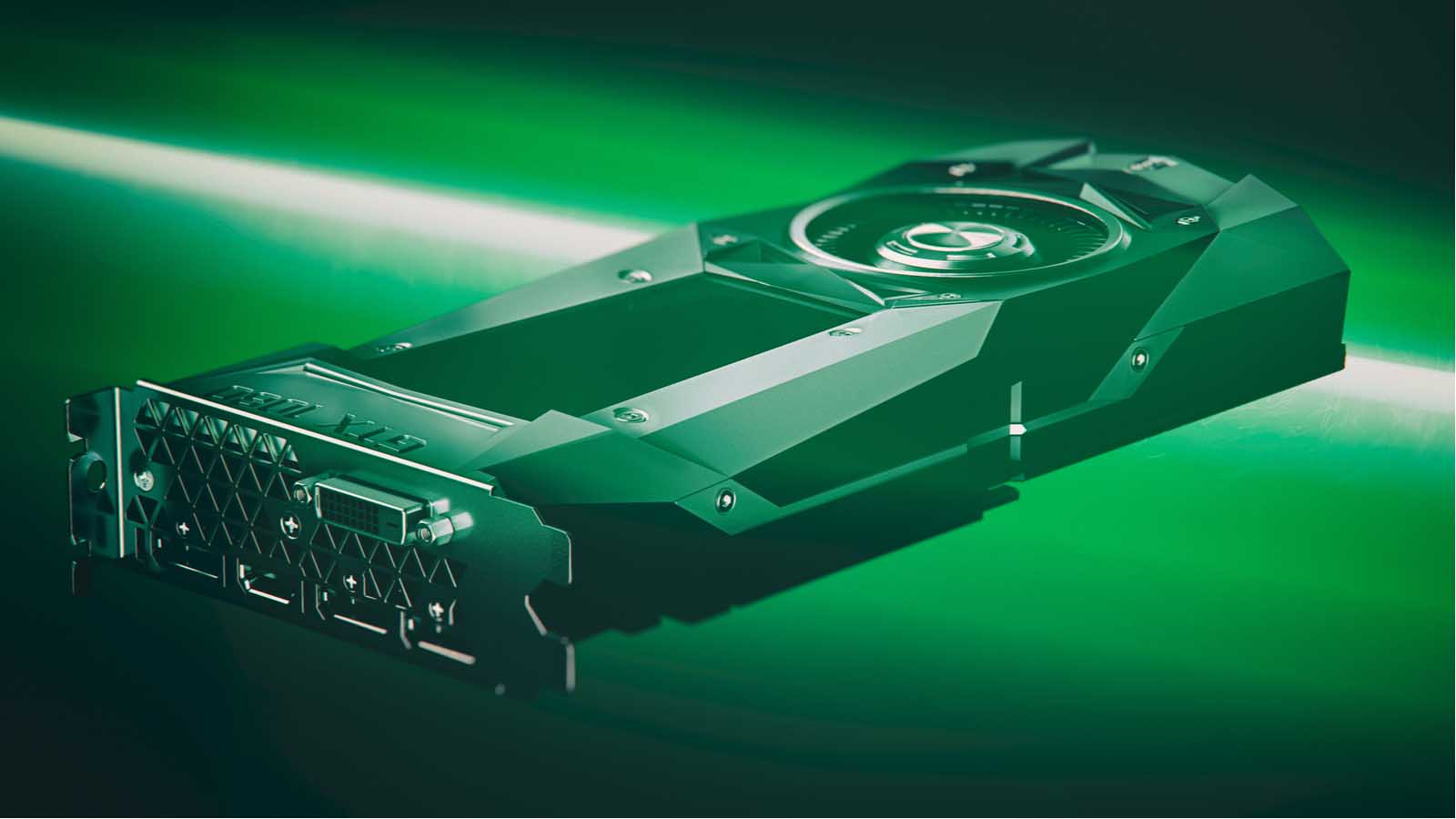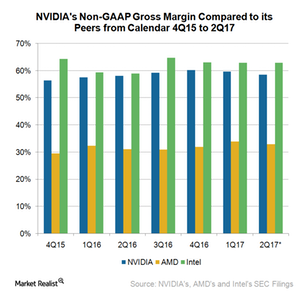

In the months ahead, it could become clear that demand in areas like cloud computing could outweigh a drop in demand due to a recession, such as with gaming chips. The uncertainties that have affected Nvidia’s price performance this year could also continue to put pressure on it.Įven so, that’s not a reason to skip on it. We could see more volatility due to this bill. That’s not to say concerns about this bill will no longer have an impact on its stock price. Nvidia stock continues to earn a B rating in my Portfolio Grader. Doing little to affect its main strength, this bill will not change the story with NVDA stock. Not to mention, it’s the reason why the company is well-positioned to dominate in emerging areas like self-driving vehicles and the metaverse.

It’s also why it continues to see robust demand for its GPUs among end-user areas like cloud computing and gaming. That’s why it continues to dominate the discrete GPU market, with 78% market share. That continues to be one of Nvidia’s key areas of strength. Second, although the CHIPS Act gives an edge to Intel in production, it does little to give Intel a leg up in chip design and innovation. This could limit future supply disruptions.
It may reduce its dependence on Asian production facilities. chip manufacturing industry could be a small positive for the company. Why? Two reasons.įirst, federal support of the U.S. Yet while Nvidia isn’t directly “winning” from this bill, it’s not exactly “losing” either. To some, the CHIPS Act may seem like a case of the U.S. Why This Bill Doesn’t Change the Story With Nvidia That is, instead of being a major negative, this legislation ends up being a modest positive for the company. Again, this bill is seen as bad news for NVDA stock, as it disproportionately benefits its rivals, like Intel (NASDAQ: INTC).Įven so, taking a closer look suggests that the opposite instead may be true. Then, the House of Representatives passed it and President Joe Biden is ready to sign it into law. Senate approved the bill, which is officially known as the CHIPS and Science Act of 2022. It also provides around $24 billion in related tax incentives. To promote reshoring of chip production, the CHIPS Act provides $52.7 billion in subsidies for new U.S. dependent on chips manufactured in Asia, there’s concern that this leaves America in a vulnerable position. Largely, this is due to national security worries. politicians (both Democrats and Republicans) are looking to bring more chip production back to the United States. Before exploring the possible impact of the CHIPS Act on Nvidia, we’ll first take a look at this legislation itself.


 0 kommentar(er)
0 kommentar(er)
